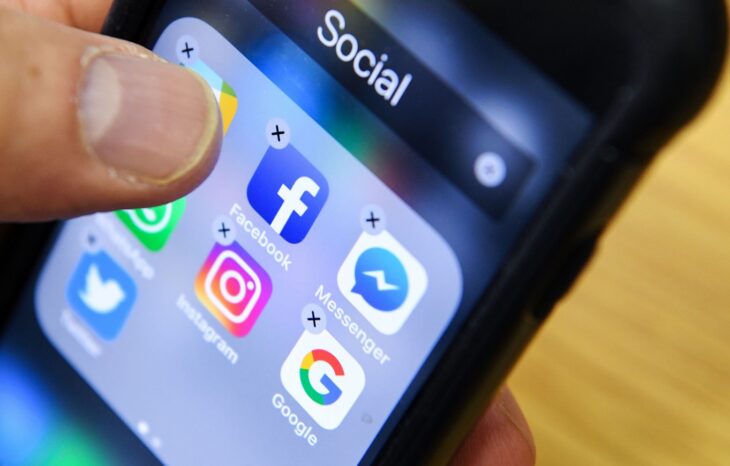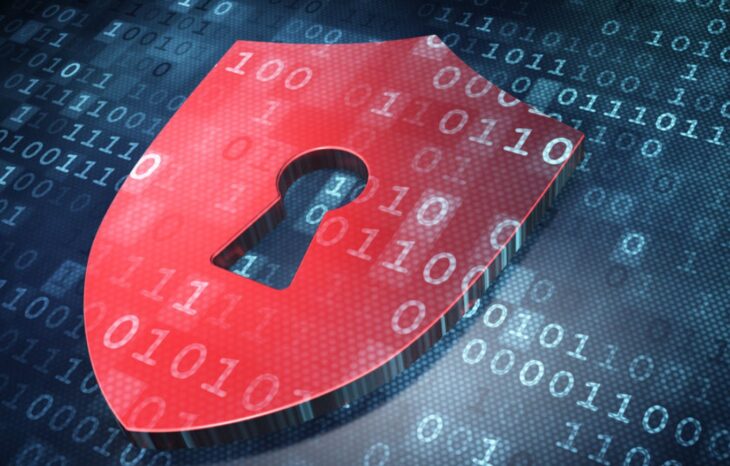There is no doubt that the internet is among the greatest inventions of all time. It has changed the face of the world prominently. Furthermore, the internet has shrunk the world into a single platform. With just one click, you can get any sort of information from any part of the world. In recent years, internet surfing has become a thing. Where people used to spend time surfing internet booths, today, it is readily available at all places. From your homes, restaurants, to public transportation, the internet has become a necessity.
But, with advantages come disadvantages. And as the use of the internet has significantly increased, it has resulted in an increase in cybercrimes. Today, cybercriminals spend days and nights looking for people’s personal information to use that information in the wrong way. The privacy of people has been affected greatly. As the cybercrimes are coming to light, people are now aware of the importance of protecting their privacy and indulging in safe internet surfing.

Source: Pexels
Contents
1. Use safe browsers
One of the most reliable ways of ensuring safe internet surfing is by downloading safe browsers. These browsers have built-in features that let you surf the internet safely. One such safe browser is available at braveinternetbrowser.com. It is programmed keeping in mind all perspectives of safe internet surfing. As a result, you won’t have to worry about your security at all.
2. Turn your privacy settings on
Your browsing habits, usage, and history tell a lot about you, your interests, and your preferences. This is precisely the type of information hackers need to get close to you and get your personal information. So, to create a barrier between you and the hackers, many social media platforms, mobile operating systems, and web browsers offer privacy settings. These settings are protecting your privacy and keep the hackers from assessing your interests and usage. So, make sure you have turned the privacy on. Also, websites like Facebook offer a high-privacy setting to its users. The best way to protect yourself on the internet is through adjusting these privacy settings.

Source: NBC News
3. Using VPN connections
If you think using a local internet connection is safe, think again! The world of the internet has so many loopholes that make surfing unsafe. Similarly, if you are trying to reach out to a blocked site by using proxy sites, the rule stays the same. It is just as insecure as using a local internet connection. So, to ensure safety, virtual private network (VPN) connections or tools are used. These are highly reliable connections and tools that protect your information. This way, you can safely surf the internet without worrying about unsecured internet.
4. Avoid random clicking
Consider the world of the internet as your neighborhood. You won’t go to allies that are unfamiliar to you, or you consider unsafe. The virtual world is just the same. Therefore, avoid visiting random sites that just pop up in front of you. Such websites not only contain malware but can also expose your personal information. No matter how tempting it may feel, resist the urge to click on random websites or links.

Source: Addison Clark
5. Download only from official websites or application stores
The most commonly used trick by the hackers is providing you fake downloads that contain malware that enters your system to steal your personal information or make it accessible to them. So, whenever you want to download software, don’t download it from any random website. Especially when the particular software is available to you for free. Instead, for security purposes, download the software from official websites and mobile application stores. This way, you will increase the protection of your privacy.
6. Use Antivirus
Ever since you have started using personal computers, you have come across the term antivirus. An antivirus is special software or program that protects your personal computer or laptop from different dangerous malware. You will find plenty of high-performance antiviruses in the market. The most common mistake people make is that they just download the antivirus once and think it is enough and their system is safe for a lifetime. However, it is not the case. Downloading the antivirus is not enough. To ensure maximum security at all times, you have to continually update the antivirus and run different scans frequently.

Source: Small Business Trends
7. Passwords
Passwords are the one thing that the hackers target. It is like the key to your house in a digital world. Furthermore, you will come across creating passwords a lot when you serf on the internet. These are keys that provide you a space of your own. Thus, the main thing you need to remember is never to use the same password for different accounts. Although it might be easy for you to remember, hackers will also be effortless to tap into your accounts and extract your personal information. Furthermore, change your password regularly as well. Changing passwords on a regular basis also helps in increasing your security.
8. Making Online Purchases
Probably the biggest thefts and the most insecure activity on the internet is when you give your personal information, account details, payment details to a website. The trend of online shopping has increased dramatically in the past few years. And although it is tempting, never purchase things from a random website. Because of online shopping, you need to give your account details, the chances of theft and fraud are higher than ever. Thus, if you want to make online purchases, choose an official website or a highly secured website for the purpose.

Source: ET CIO
Cybercrimes might seem to be increasing, but you can still avoid them. All you have to do is make sure you use the above-mentioned tips and tricks. By taking care of small things, you can save yourself from serious trouble. The world of the internet is vast and is full of knowledge and exciting things. You can enjoy all the benefits by taking a few precautions now and then.
